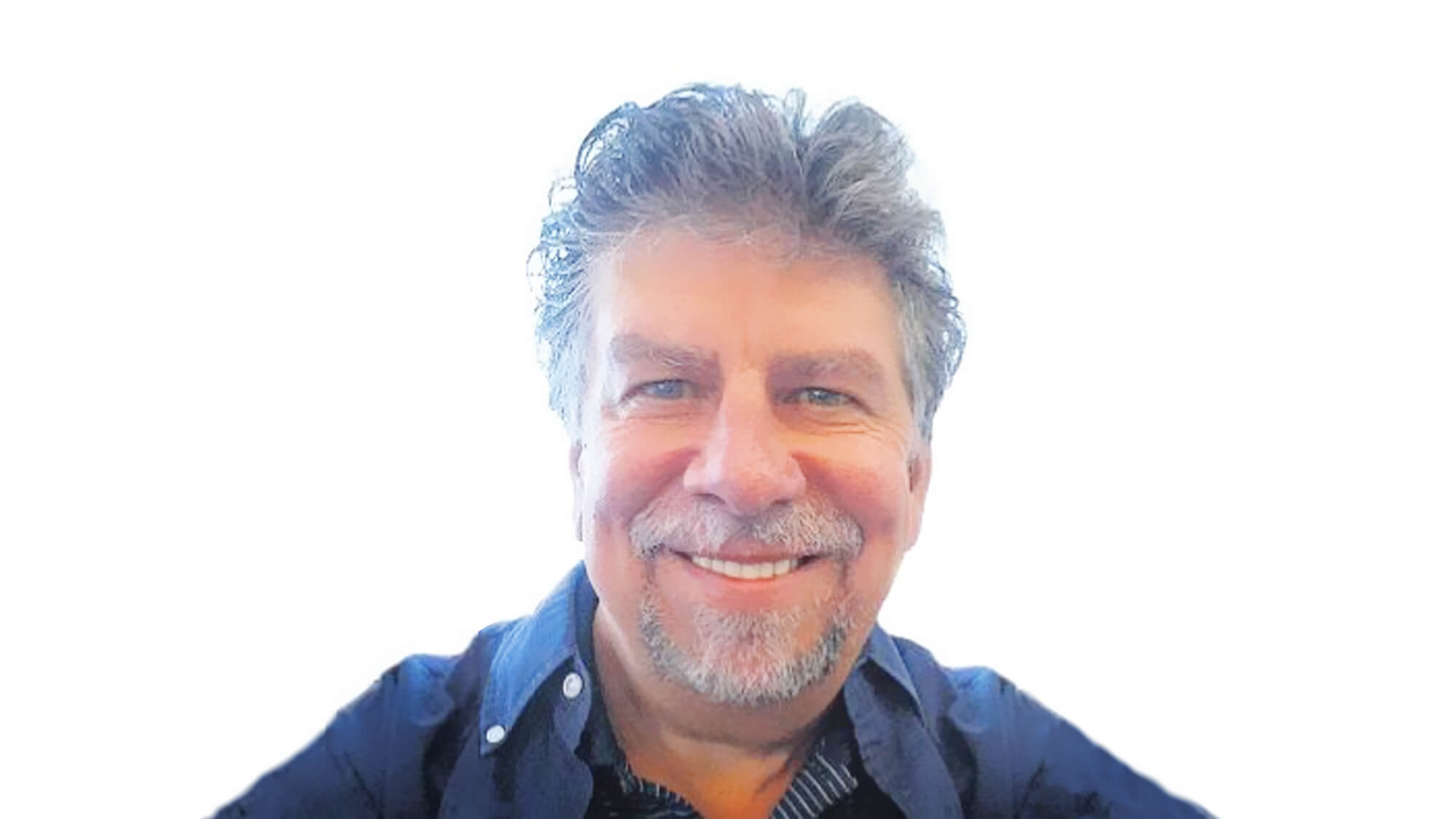Summer Dreams

My mom and her two sisters would race up Howard Street with eager anticipation every Memorial Day.
The girls, Elenora, Lucilia, and Adelia, were all born in the white house at the foot of the hill, and I could see the youth and innocence of their childhood return to their faces — they were like little kids again.
They were following the same path they took as children, when my grandfather Enrico Forcucci marched in the Memorial Day parade, and it was a tradition a century old.
For a kid forced to spend winters in Flatbush, it was a particularly poignant weekend. A deepening depression began every Labor Day when I was forced to return to Brooklyn. School was hard, the other kids were wild, and the streets were toxic.
Papa Forcucci was forced to close down the Sag Harbor house and come live with my aunt in Canarsie when he was too sick to make it through the winter alone. Like a fish out of water, Papa floundered and died a year or two later, his heart ripped out by old age and the cursed bad luck of being stuck in Brooklyn.
But spring meant rebirth: the three sisters would return to the house, scrub it down, and make it come alive again. Summers in Sag Harbor were a family tradition.
By the time I was nine, I started ditching the parade to play baseball at Mashashimuet Park. The first time I uncorked the baseball was orgasmic: the first time I caught it back the sound of cowhide meeting cowhide, echoed like a timbale. Later we’d hit The Paradise for a hot fudge sundae, grab a Newsday — it came out in the afternoon then — and check the box scores from the West Coast games.
Kids could be kids in Sag Harbor. We roamed the streets; our parents didn’t need to know where we were going or where we were — it was the country. Even our dogs were allowed out on their own, the squeaky back screen door pliable enough for them to open and close with their noses.
Dinner was always a feast. Papa would walk down to Sag Harbor Cove a few yards away each morning. There, a cornucopia of treats awaited that found their way to our table — conch, spit clams, eels, crabs, and whatever fish was running: flounder, striped bass, bottle fish, snappers, and waves of weakfish, which would stream in by the hundreds for a few days and disappear just as suddenly.
That all came to an end when the mayor and his cronies dredged the cove to create solid ground for their new nightclub, and in the process ruined Sag Harbor Cove forever.
Now condos dot the water’s edge, obscuring the historic buildings of the whaling era. The folks in charge of the village call themselves “local” because they moved there 20 or 30 years ago. But most didn’t know Marty the barber and precious few know where the original Schiavoni’s market was located.
For many of us who call the East End our home, we have to harken back to our childhoods to recall exactly what it was that made this a special place, and we recall those simpler times to stir the embers and rekindle that flame.
I sit outside on my deck most every night during the season. I can still smell the water. I can still hear the crickets and see the bats, which I tell my city-bred wife are birds, knowing she would recoil in terror should she ever learn the truth.
I’m one of the lucky ones; I grabbed a little piece of my dream and held onto it for dear life. A lot of my friends, locals, couldn’t match the money mongers who inflated real estate prices and were forced to move from their home town.
I haven’t caught a baseball in years. I used to run like the wind — now my knees creak when I bend over. The old homestead is gone and most of the family members who lived there and loved it are dead, buried together at St. Andrew’s Cemetery. It’s been 50 years since Papa died. Mom, the last of the three sisters to go, lived to be 99.
Enjoy the summer. Forget all the rude second homeowners and traffic and remember why you’re here. Trust me, it’s a fleeting joy.
rmurphy@indyeastend.com



